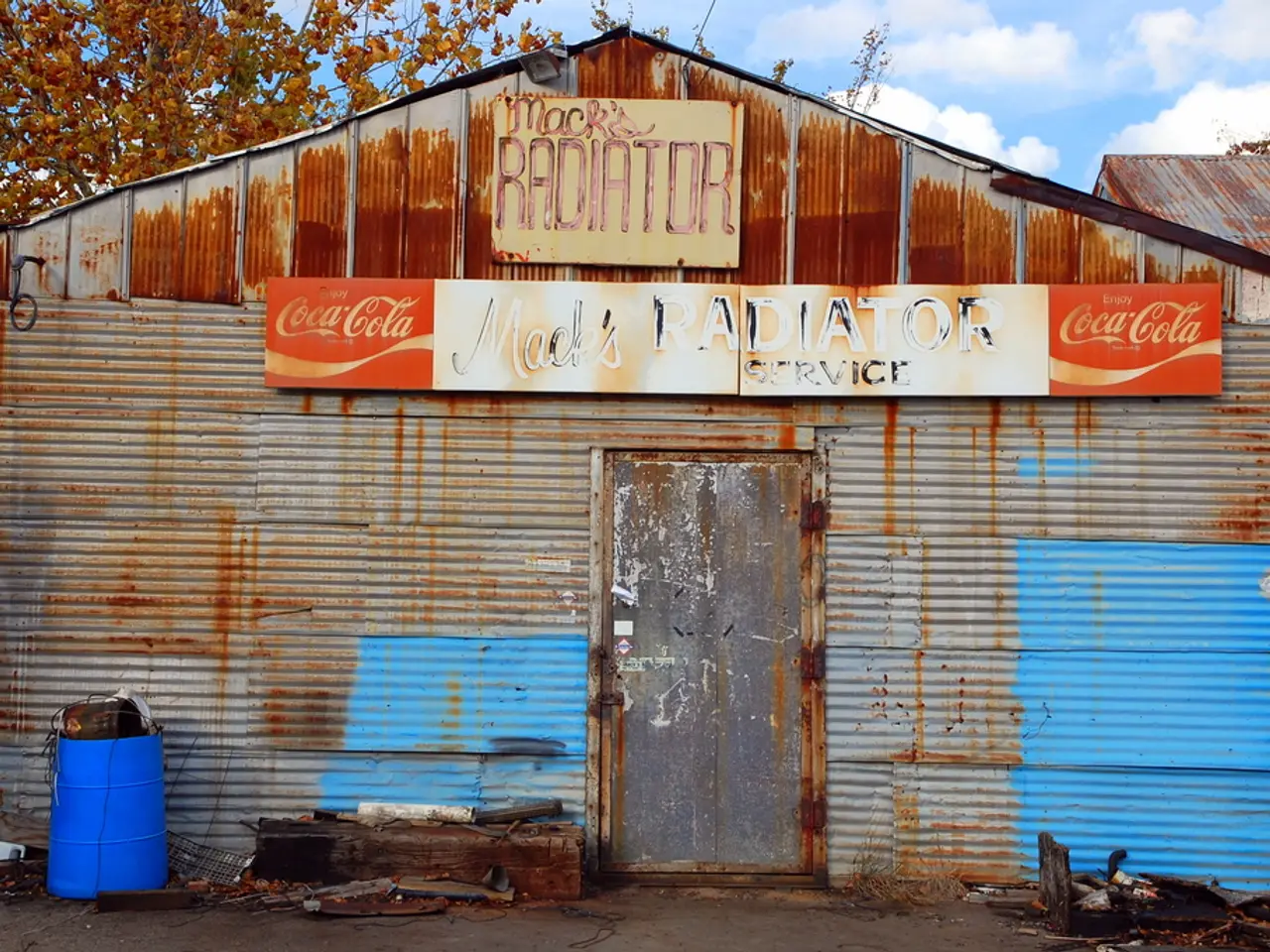DuPont, Chemours, and Corteva agree to a $1 billion settlement with New Jersey over PFAS contamination issues
In a significant move towards environmental protection and public health, New Jersey has reached a historic $2 billion settlement with DuPont and related companies to resolve all statewide PFAS contamination claims. This settlement, announced in early August 2025, is the largest ever awarded to a single state for PFAS contamination claims.
The agreement requires DuPont, Chemours, and Corteva to fully remediate PFAS and other pollution at four former DuPont sites in New Jersey: Chambers Works, Parlin, Pompton Lakes Works, and Repauno. The companies will also fund damages to the state's natural resources, including drinking water impacts, and support restoration efforts.
Over a period of 25 years, $875 million will be allocated towards contamination and remediation costs, with an additional remediation fund of up to $1.2 billion, jointly funded by the companies. A $475 million reserve fund, managed by a third party, has been established to cover remediation obligations if any company defaults or goes bankrupt.
The implications for New Jersey and its residents are far-reaching. The settlement provides long-term funding and resources to clean up toxic PFAS contamination at critical sites, which have impacted natural ecosystems and drinking water supplies. It sets a strong precedent for holding major polluters accountable in the fight against "forever chemicals," which persist indefinitely in the environment and human bodies and are linked to serious health issues such as cancers and developmental problems.
New Jersey joins other states pursuing large PFAS settlements, aiming for comprehensive environmental protection and public health recovery. The agreement enables ongoing monitoring, remediation, and compensation efforts to safeguard public health and restore affected communities over the next decades.
Since June 2023, New Jersey's Department of Environmental Protection has reached a total of $3 billion in PFAS-related settlements with chemical companies. The payments, made over 25 years, will support communities impacted by contamination statewide, natural resources, and remediation of the sites. DuPont de Nemours, the Chemours Company, and Corteva, Inc. have agreed to split the costs of the settlement.
The settlement is subject to approval by the U.S. District Court and will be published in the New Jersey Register in early September, with a 60-day public comment period. Approximately 25% of the funding will be allocated towards natural resource restoration in the areas of the industrial sites.
Environmentalist Tracy Carluccio of the Delaware Riverkeeper Network hopes the settlement will set an example for the rest of the U.S., emphasizing the importance of holding corporations accountable for environmental damage. State Attorney General Matthew Platkin stated that PFAS are particularly insidious and New Jersey has some of the highest levels of PFAS in the country.
This settlement marks a significant step forward in addressing PFAS contamination and promises substantial remediation and health protections for state residents over the long term.
- As part of the settlement, DuPont, Chemours, and Corteva will invest funds in the environmental science field, focusing on researching solutions for reducing PFAS emissions in the industry and promoting energy-efficient alternatives to produce fewer greenhouse gases.
- The New Jersey Division of ratepayer Advocacy, considering the financial aspect, will collaborate with experts in finance to analyze the cost distribution of the settlement across the affected communities and ensure a fair allocation of resources throughout the state.
- In light of this settlement, regional environmental-science institutions and educational programs will receive grants for educating the next generation of environmental leaders, instilling in them the importance of combating climate-change issues, such as minimizing chemical pollution and protecting natural resources for future generations.




